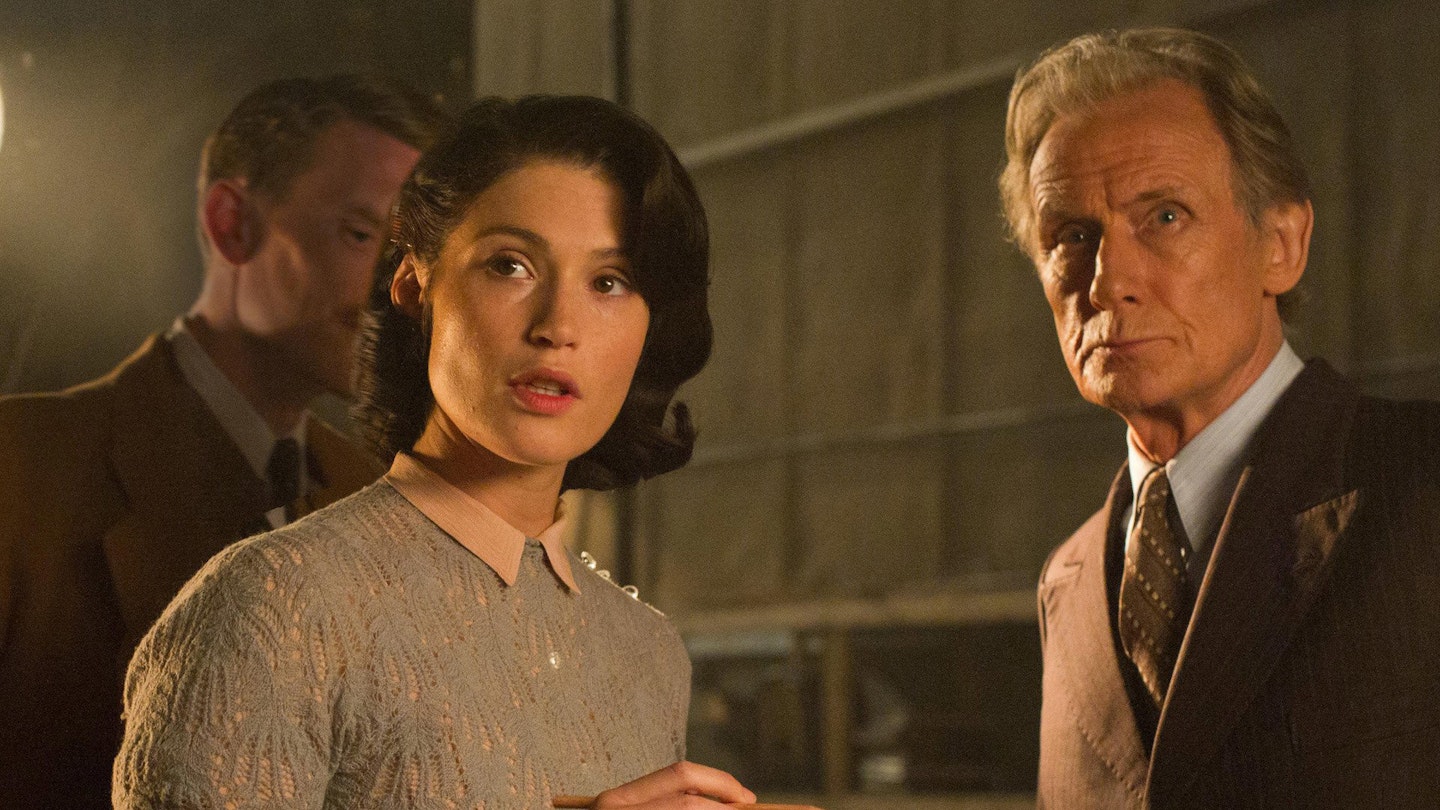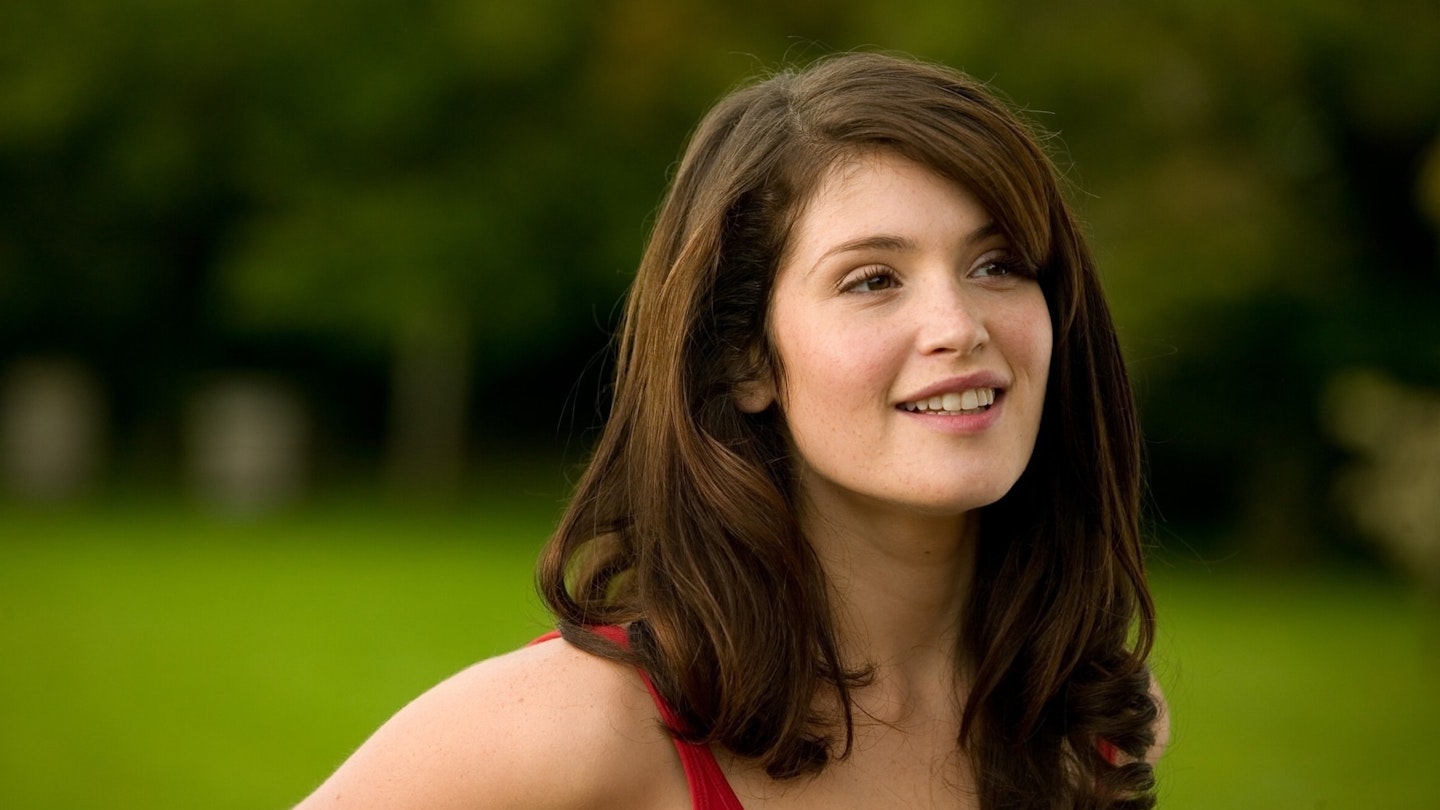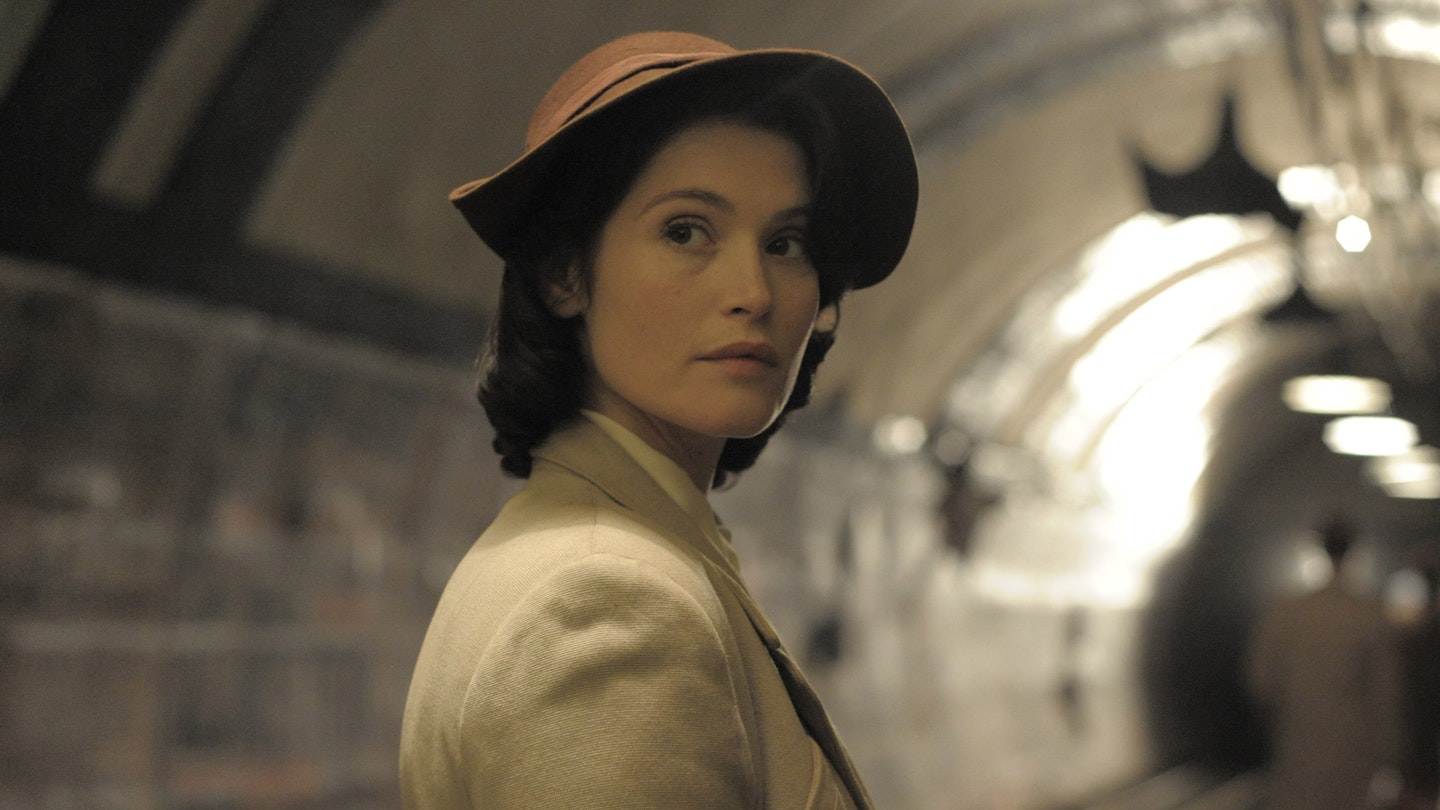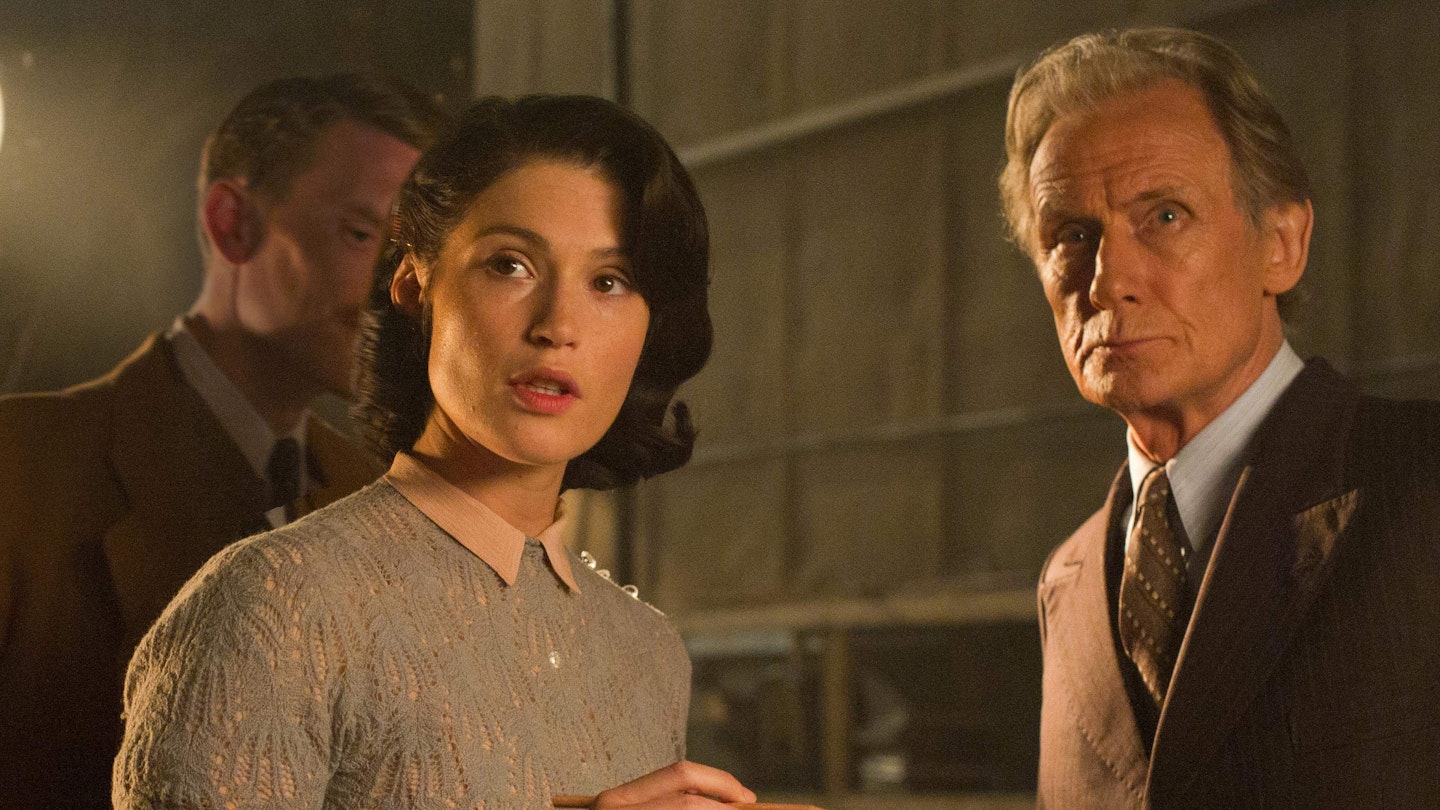A bit like Hail, Caesar! set in 1940s Ealing rather than 1950s Hollywood, Their Finest is a slight, warm, funny delight, informed by a gently etched feminist agenda. Continuing director Lone Scherfig’s interest in young women coming into their own (see An Education, One Day), this follows Welsh scriptwriter Catrin, played with an impressive mixture of steel and warmth by Gemma Arterton, on a journey into making propaganda films during World War II. It’s an occasionally obvious, handsomely mounted hymn to both valuing women in the workplace and the power of cinema to provide solace in times of tumult. And who, frankly, can argue with either?
It's a handsomely mounted hymn to both valuing women and the power of cinema.
Adapted by Gaby Schiappe from Lissa Evans 2009 novel Their Finest Hour And A Half, the story picks up Catrin in war-torn London having to support moody painter-boyfriend
Ellis (Jack Huston). She gets a job at the Ministry Of Information — the film has a keen eye for bureaucratic fools played by the likes of Richard E. Grant and Jeremy Irons — and is quickly promoted to write women’s dialogue (dismissed by suits as “slop”) in propaganda films designed to offer “authenticity with optimism”. Her sharp mind and writing talents catch the eye of head writer Tom (Sam Claflin) and earn her a chance to shine when she is asked to work on a feature film about two sisters who piloted their drunken father’s boat from Southend to Dunkirk to bring wounded British Tommies home. Researching the true yarn, Catrin discovers the story has been massively over-exaggerated and is faced with the dilemma to write the truth or legend. She plumps for legend.
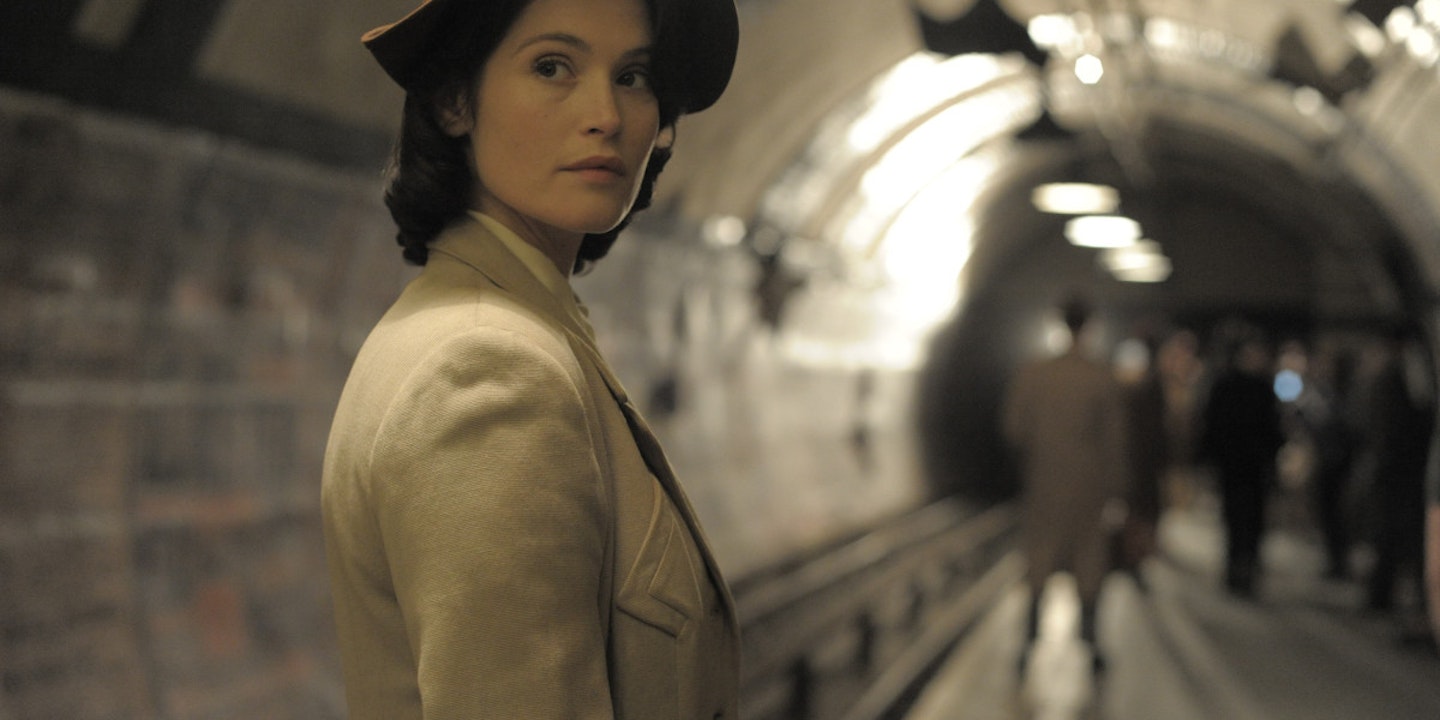
The making of this film is where Their Finest really catches fire. Here the piece displays the verve and pep of a backstage musical as Catrin deals with sexism, constant demands from the Ministry, a dumb lunk of an American pilot (Jake Lacy) foisted on the filmmakers as a sop to US audiences and, best of all, Bill Nighy as Ambrose Hilliard, a conceited old thesp struggling to embrace the idea he is playing a supporting role (“a shipwreck of a man, sixties, looks older”) rather than a romantic lead. Nighy could do this in his sleep but he finds lots of notes, especially in a touching relationship with his agent’s widow (Helen McCrory).
The film has an affectionate feel for the creakiness and filmmaking tricks of World War II propaganda films — there’s a great matte painting gag — and does a skilful job of keeping things light while never underselling the foreboding and fragility of Blitz Britain. Just as you feel it is in danger of heading to Sunday evening TV coziness, it sensitively shifts gear into something more downbeat and heartfelt. Towards the end of the film, Catrin slips into a cinema with the public to see the effect of her handiwork. There isn’t a dry eye in the full house and, as Their Finest draws to an effective close, it’s a hard heart that isn’t wishing for a stiff upper lip too.
